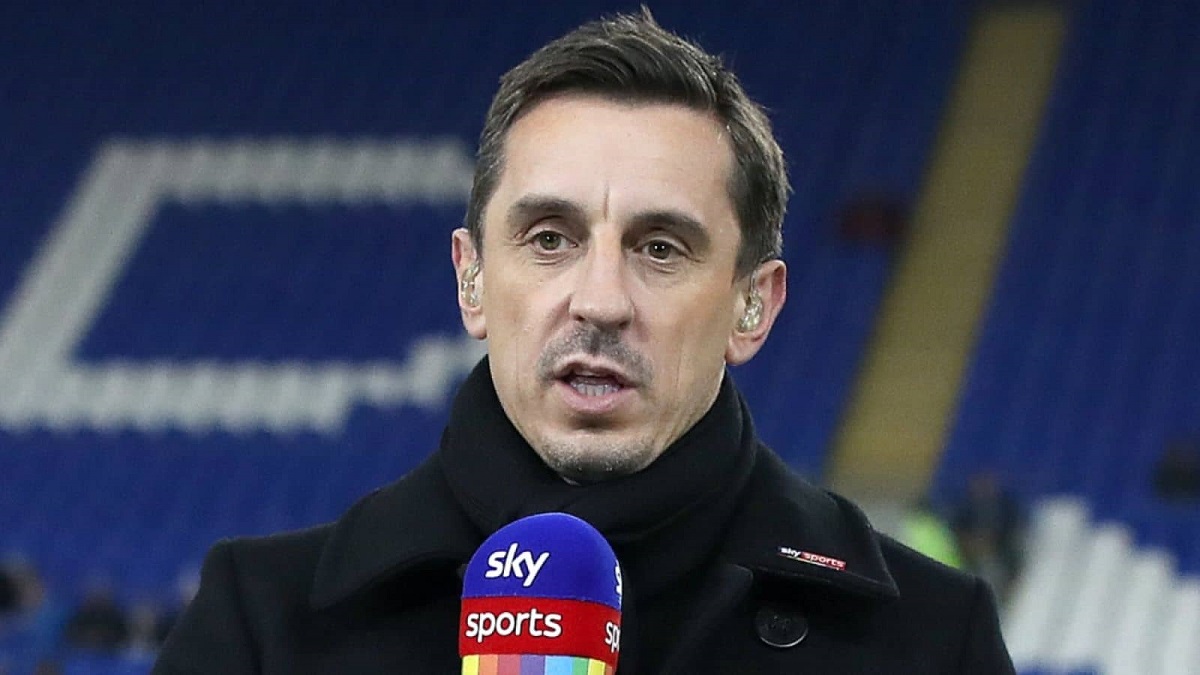Wayne Rooney lasted longer than the cabbage. And at least he didn’t have one thrown at him like Steve Bruce.
Marcus, Luke, Andy and Vish discuss the exit of Luke Littler’s younger brother from Birmingham City and just why useful-FIFA-Committee-idiot-in-waiting Garry Cook appointed him in the first place.
We also ponder West Ham fans’ split on Davide Moyes and – in totally normal news – Gianluigi Buffon wants goals to be made bigger and the Argentina FA retire the men’s national team number 10 shirt. Is that… Diego Maradona with an air rifle?
Follow us on Twitter, Instagram, TikTok and YouTube, and email us here:
Sign up to the Football Ramble Patreon for ad-free shows and a visit from Pete Donaldson to put some fluid up your wall for just $5 per month: patreon.com/footballramble.
Copyright
© Football Ramble



